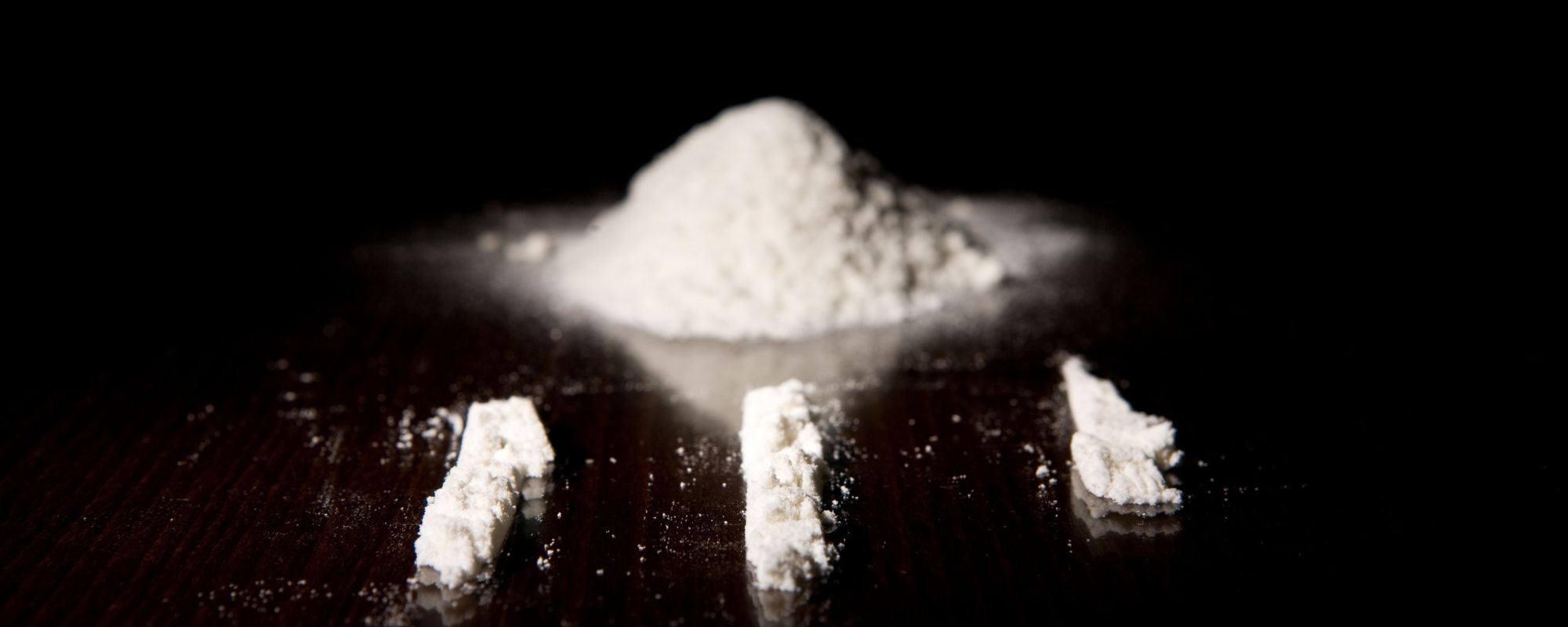Many people who smoke crystal meth may not realize how quickly the drug can take control of their lives. What might start as an occasional escape or a way to stay awake can rapidly spiral into a dangerous, daily habit with devastating consequences. Crystal meth is an extremely addictive stimulant, and smoking it delivers an intense high that comes at a high cost—both physically and mentally. In this blog, we’ll break down the short- and long-term dangers of smoking crystal meth every day, from brain damage and psychosis to ruined relationships and increased risk of death.
What Is Crystal Meth?
Crystal meth, or methamphetamine, is a man-made, highly addictive drug in the stimulant classification. Meth has long term effects on the body. Crystal meth has many street names, including: crystal, ice, speed, crank, tweak, chalk, tina, gak, batu, glass, cristy, blade, shards, quartz, etc. It’s important to get help for meth abuse before it takes over someone’s life.
How Is Meth Abused?
Any way of using crystal meth produces negative short term and long term effects. Meth can be used by way of smoking, snorting (inhaling through the nostrils), intravenously (injected), or orally. Smoking and injecting meth gives users the high more quickly, as the meth is able to enter the bloodstream at a fast rate— causing an intense rush that lasts for a few minutes. Snorting or orally ingesting methamphetamine produces effects that are less intense. Snorting methamphetamine takes about three to five minutes for the effects to take place, while oral ingestion takes about fifteen to twenty minutes.
What Happens If You Smoke Crystal Meth Everyday?
Like most addictive substances, using meth signals the brain to flood with dopamine which is a chemical that causes a feeling of reward or pleasure. With continued use, methamphetamine disrupts the brain’s natural creation and release of dopamine. This results in feelings of sadness and depression without the drug, because their brains are dependent on meth to create and release dopamine. This deficit and dependency can cause severe, sometimes irreversible cognitive impairments, which is why people who smoke crystal meth often need medical care and support in a drug addiction treatment center.
Those who smoke crystal meth daily puts immense strain on nearly every system in the body. Because the drug is typically smoked through a glass pipe, it enters the bloodstream rapidly through the lungs, delivering an intense but short-lived high. With repeated use, this cycle causes serious damage—especially when it becomes a daily habit.
1. Damage to the Brain
Smoking crystal meth disrupts the brain’s dopamine system, which regulates pleasure, motivation, and emotional responses. Over time, daily meth smoking can lead to:
Memory loss
Difficulty concentrating
Severe anxiety and paranoia
Hallucinations and psychosis
The brain may struggle to recover, even after stopping use, especially after prolonged daily use.
2. Respiratory Problems
Since meth is inhaled, it takes a direct toll on the lungs. Long-term users often suffer from:
Chronic coughing and shortness of breath
Lung infections
Burn injuries inside the mouth and throat
Frequent exposure to hot, toxic smoke can cause lasting respiratory damage.
3. “Meth Mouth” and Oral Health Decline
One of the most visible health effects is “meth mouth”—severe tooth decay and gum disease caused by:
Dry mouth (reduced saliva production)
Teeth grinding (bruxism)
Poor hygiene and diet
The acidic nature of meth smoke
This can result in tooth loss, painful infections, and expensive dental procedures.
4. Skin and Appearance Changes
Daily meth use often leads to noticeable changes in appearance, such as:
Sores and scabs from obsessive skin-picking
Premature aging and extreme weight loss
A gaunt, unhealthy look due to poor nutrition and sleep deprivation
These physical effects can take a toll on self-esteem and social functioning.
5. Increased Risk of Stroke, Heart Attack, and Death
Crystal meth stimulates the central nervous system, which speeds up heart rate and blood pressure. Smoking it every day raises the risk of:
Heart attack and stroke
Seizures
Sudden cardiac death
The longer someone smokes meth daily, the higher their risk of experiencing a life-threatening medical emergency.
Long Term Effects of Meth Abuse
Crystal meth can cause severe physical and psychological damage. With continued use, the negative short term effects of using meth will grow in intensity and severity.
Long-term meth use is linked to potentially permanent changes in brain structure and function. Studies have shown that chronic meth users have decreased gray matter in areas of the brain responsible for decision-making, impulse control, and emotion regulation. These changes can result in impulsive and risky behavior, difficulty regulating emotions, and an increased risk of relapse. Not only can meth impact a person’s ability to think and reason, but it can also trigger the onset of psychosis and schizophrenia.
However, recent research shows that those who are able to abstain from using meth can actually see an increase in gray matter. For this reason, finding help for meth addiction can not only reestablish a person’s general health and wellness, but it can also begin the process of healing the brain.
Reach Out for Help With Drug Addiction
Are you struggling with substance abuse?
Royal Life Centers at Spokane Heights is here to help you recover. Because we care.
What Happens During Methamphetamine Withdrawal?
Withdrawal symptoms from crystal meth usually begin around twenty-four hours after the last use, peaks at roughly 7-10 days, and lasts for about 20 days. Crystal meth can cause major symptoms of withdrawal for people who are dependent on the drug.
Withdrawal symptoms from meth include:
- Depression
- Anxiety
- Psychosis
- Paranoia
- Intense cravings
- Loss of energy or a “crash”
- Itchy eyes
- Sleep pattern disruption (oversleeping or severe insomnia)
- Jitters
- Increased appetite
Withdrawal symptoms are most commonly experienced emotionally and psychologically, with fewer major physical implications. In general, the most significant meth withdrawal symptoms are linked to psychosis which often become present during the detoxification process.
How To Recover From Meth Addiction?
Using meth causes serious harm, which is why it requires the safety and support of licensed professionals to provide comprehensive addiction treatment to overcome a meth addiction. Meth abuse disrupts every aspect of life, including sleeping and eating patterns.
This is why people who suffer from meth addiction require treatment to help them re-learn healthy life skills. In doing so, individuals can establish a sense of self-sufficiency and inner motivation to build a happy, healthy, and successful life in sobriety.
Crystal Meth Addiction Treatment in Spokane, Washington
Royal Life Centers at Spokane Heights offers treatment programs that are designed to follow guests from medical detox, through the stages of recovery. Our treatment options perfectly transition guests from an inpatient level of care onwards, preparing them for independence. During our programs, people will work with medical professionals, licensed therapists, and case managers who assist them with any and all of their needs.
Meth Detox in Spokane, WA
Royal Life Centers at Spokane Heights is experienced in removing meth from the body safely and effectively. Detoxification from meth is best done in an inpatient detox facility, like Royal Life Centers at Spokane Heights. We provide 24/7 direct supervision of our guests by medical professionals, with doctors available around the clock. With the psychotic symptoms that present themselves during meth detox, it is extremely important to detox within a controlled and safe environment.
Ongoing Care For Meth Addiction
After completing detox, guests can transition into our residential treatment program in Spokane, Washington. During residential inpatient treatment, we provide intensive clinical and therapeutic services to assist individuals in addressing the underlying causes of their addiction. Our experienced and compassionate staff members work closely with each guest to develop personalized treatment plans that address their unique needs. At this point in the treatment process, guests begin healing in individual therapy and group sessions where guests can learn more skills for recovery and connect with others who are going through similar struggles.
After inpatient treatment, guests are also welcome to participate in our aftercare and outpatient treatment programs at our facility in Mead, Washington, Royal Life Centers at Cascade Heights. During our outpatient programs, guests continue their time in one-one-one counseling and group therapy. We also incorporate holistic therapies into our program, such as meditation, yoga, and art therapy. These practices help guests learn coping mechanisms and manage stress in healthy ways, which can be especially beneficial in recovering from meth addiction.
Each of our ongoing care services provide a supportive and understanding environment for individuals to share their experiences and receive encouragement from clinicians and peers throughout their recovery journey.
Start Your Recovery Journey Today!
If you or someone you know is struggling with meth addiction, please reach out to our admissions team by calling (888) 907-0898. We are available to take your call 24 hours, 7 days a week. Because We Care.


















